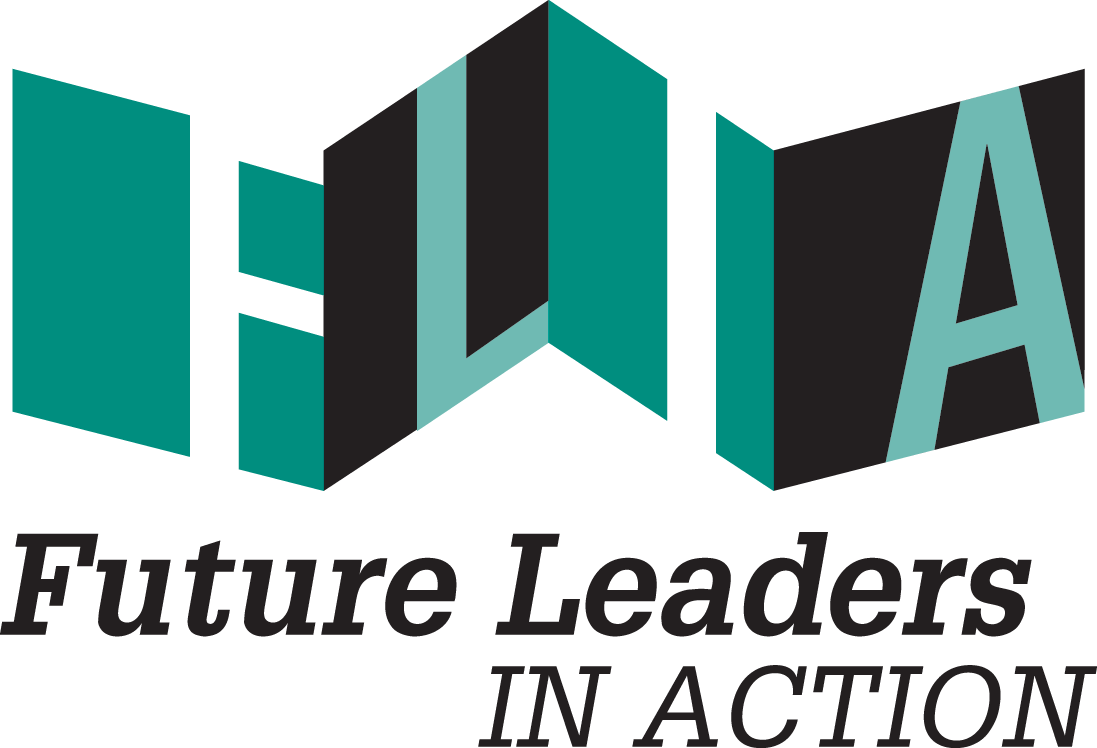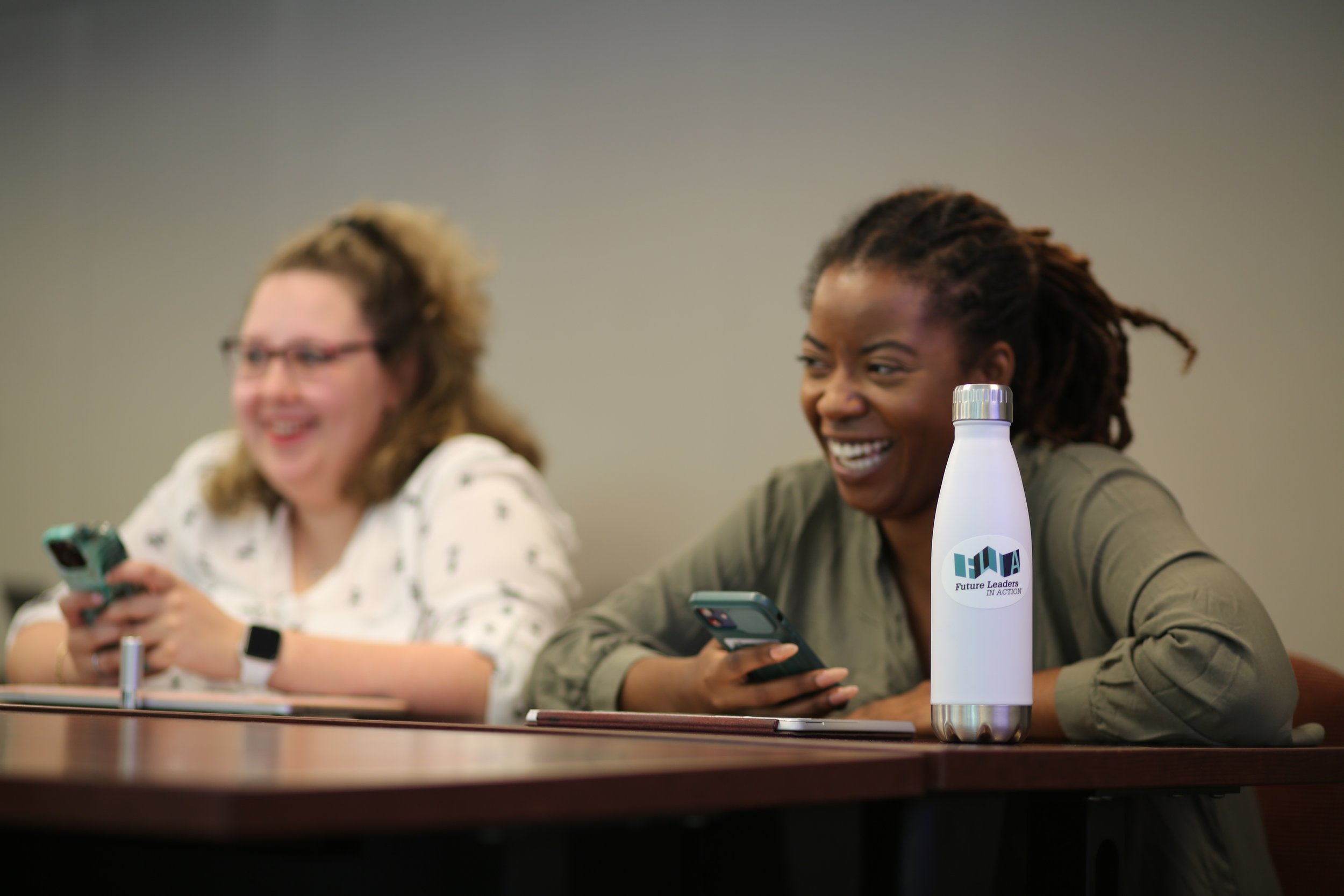Source: RichSTOCK/Alamy
In a time when our society’s citizenship is in a peril, there must be innovative solutions to tackle the social complexity. To ensure that our society continues to work for the betterment of the people, the social sector is imperative. It is important to hear the voices of the people, which includes the voices of marginalized communities. The work that inspires and motivates me intervene as a catalyst for the voices of marginalized and underrepresented peoples. As a Black woman, these opportunities bridge a gap that are otherwise ignored by other sectors within society, and have an enormous impact on the socioeconomic stability of the Black community.
Organizations, such as Press Pass NYC, offer free accessible training and programming to educators and their students who are interested in launching and sustaining a school newspaper. Offering free press to students to explore and develop their voice is essential to the sustainability and progression of democracy. To ensure democracy, free press and expression must be secured because the press is the catalyst for the voices of the people. While working with this organization, I have gained a better understanding of a few core principles that bridge the social opportunity gaps that are prevalent in New York City. These core principles are: (1) accessibility, (2) bridging the opportunity gap, (3) free expression, and (4) youth development.
Source: La Cuadra Universitaria
These core principles are applicable to all public facing professions that are within the social sector. Their effectiveness is based on their accessibility to working and poor families that are often the main recipients of the social sector and their services. For individuals and organizations that are interested in being sustainable and effective within the social sector, the principles seen in Press Pass NYC can be translated into principles that are effective for social sector organizations. To ensure that the organization and their practitioners have a dedication to the accessibility of their programming and employment, it is imperative that they adopt a corporate responsibility initiative. The second principle highlights that individuals should be active participants in the civics of the sector, and delegate 5% of their time to bridging the opportunity gap by giving back directly to the community that they serve and the community where they are a citizen. This recommendation was inspired by recommendations presented by The Bell, a youth advocacy organization based in New York City, where students called for newsroom employees to dedicate 5% of their time to support the next generation of journalists.
“As an educator, I believe that we are all responsible for the future. Our children are our future. Everyone is responsible for guiding them towards positive outcomes.”
You might ask, “how can we ensure the impact is felt throughout the community?”. The answer is simple. It is a necessity now more than ever to have diverse voices in the decision making rooms. In order for the social sector to reflect society, it must address the complexity and diversity of our world. By diversifying the executive room, in addition to the disbursement of philanthropic funds, the opportunities presented to BIPOC professionals in decision making rooms impacts the accessibility of resources and funding opportunities.
As an educator, I believe that we are all responsible for the future. Our children are our future. Everyone is responsible for guiding them towards positive outcomes. The social sector should adopt a principled approach to dedicating funding and resources to BIPOC youth and inner city families often overlooked due to socioeconomic status. New York City is a melting pot of cultures, and urban youth offer a unique perspective due to that alone. Their voices should be heard, cultivated and considered when making decisions about their future.



